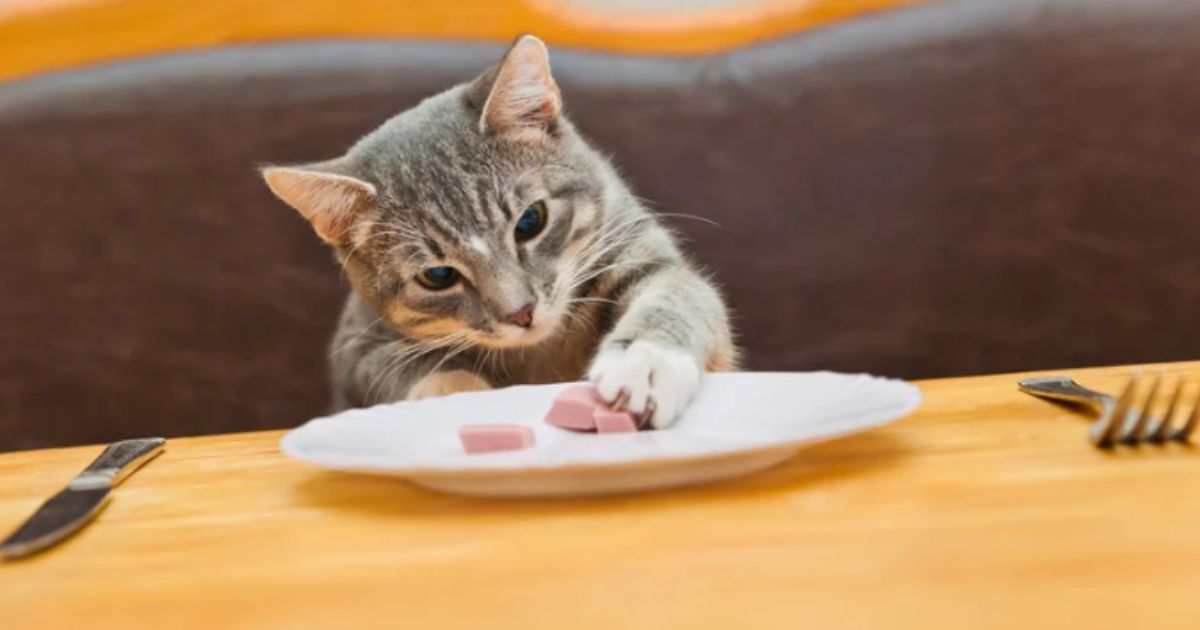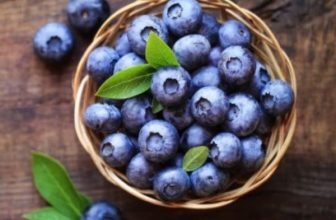
What Foods Can Cats Eat. Cats are known to be incredibly picky eaters, but their dietary requirements are anything but delicate. Cats are obligate carnivores, which means they need a diet filled with animal proteins, but that’s not to say they can’t eat at least some of a variety of foods—including fruits, vegetables, grains—in small amounts. Knowing what is safe food for your cat is a great way to provide a more balanced and healthy diet, while reducing incidents of dairy and other cat sensitive food allergies.
The Resistance: Meat
Cats are obligate carnivores, which means that they are built to live solely on the nutrients in animal tissue. Animal protein contains necessary amino acids, including taurine, which cats can’t manufacture on their own but require for heart, vision and reproductive health. The best foods for cats are:
Chicken, turkey or lean beef, cooked & seasoned/not seasoned
Cooked, boneless fish like salmon or tuna (in moderation)
Cooked eggs (scrambled or hard cooked)
Don’t feed raw meat, fish, or eggs, all of which can carry harmful bacteria, including Salmonella and E. coli, and enzymes that can interfere with nutrient absorption.
Safe Fruits for Cats
Cats don’t need fruit in their diet, but many will eat it and some enjoy the texture and taste. What Foods Can Cats Eat. Fruits can provide hydration, fiber and vitamins, but only offer them in tiny amounts and take away the seeds, pits and skins, some of which, such as apple seeds and cherry pits, are toxic, while others are choking hazards. Safe fruits include:
- Apples (peeled and cored)
- Bananas (small pieces)
- Blueberries
- Strawberries
- Seedless Watermelon (cut into pieces with the peel discarded)
- Cantaloupe and honeydew
- Pears (peeled, seeds removed)
- Pineapple (peeled and cored)
- Mango, peach, and plumb (without seeds)
Cat-Safe Vegetables
For overweight cats and those in need of more fiber, vegetables can offer a healthful, low-calorie snack. Serve vegetables cooked or steamed, cut into small pieces and without added salt, butter or seasoning. Good options include:
- Carrots (cooked, peeled)
- Green beans (fresh, no salt added canned, or frozen)
- Pumpkin or squash (cooked and pureed)
- Broccoli (steamed)
- Peas (cooked, shelled)
- Cucumber (peeled)
- Celery (chopped)
- Lettuce (washed; torn into pieces)
- Asparagus (cooked)
- Spinach (if your cat has no urinary problems)
Grains and Other Foods
Cats don’t require grains, but a few do tolerate small amounts of cooked rice, oats or barley, using it as a means to help with digestion or as a bland meal when they’re feeling under the weather. Plain, unsweetened cereals or bread (baked, not raw dough) are O.K. in small quantities as well. What Foods Can Cats Eat.

Foods to Avoid
Cats should never have onion, garlic, kelp, grapes or raisins, sugary treats, chocolate, and alcoholic or caffeinated drinks, even in small doses.
- Onion, garlic, chive, shallot and leek
- Grape, Raisins, Tamarinds & Cream – of-tartar
- Chocolate and any food, beverage or product including caffeine 1.
- Alcohol
- Raw dough (yeast)
- Citrus (peel, oil, leaves)
- Dairy (lots of adult cats are lactose intolerant though)
- Bones, fatty trimmings and cooked meats (choking hazard, pancreatitis or sodium poisoning)
Feeding Guidelines
- Treats (even safe human food) should account for less than 10% of your cat’s diet.
- New foods should be introduced gradually and in small quantities to check for any allergic reactions or bowel disturbances.
- Make sure it’s fresh, plain food with no seasonings, no sauces, and no additives.
- Keep in mind that you should consult your vet before putting your cat on a new diet, particularly if your cat is on medication or has any health issues.
Frequently Asked Questions
Can cats have dairy — milk, cheese and other dairy products?
Most adult cats are lactose intolerant, and even kittens can have a little trouble with milk, resulting in stomach upset, diarrhea or vomiting. Maybe you’ll provide some dairy, but make it lactose-free and in moderation.
Are there any fruits and veggies that are poisonous to cats?
Yes. Avoid onions, garlic, grapes, raisins and citrus peels as they are poisonous to cats.
Is it OK to feed my cat raw meat or fish?
Giving raw meat or fish is dangerous because of bacteria and parasites. The safest way to provide meat to your cat is to cook these foods well.
Is dog food or people food OK for cats to eat on a regular basis?
No Cats have different dietary needs including requirement of higher protein and taurine, dogs food and most human food fails that criteria. Never give your cat a cat food designed for a cat.
If my cat eats toxic food, what do I do?
Call your vet or an emergency animal poison control hotline at once. Fast thinking can save your cat’s life.
Final Thought
Seems reasonable: Cats are curious little creatures, and they might just want to try some of what you’re having, right?But, the thing is, cats have specialized nutritional needs. What is the safest, healthiest diet for my cat The most natural food for your cat is high-quality animal-based protein, ideally supplemented with occasional fruits and vegetables. As always, refrain from feeding foods that are toxic and introduce new snacks in small amounts. If there’s any question, check with your vet – your cat’s well-being, indeed happiness, is at stake.







